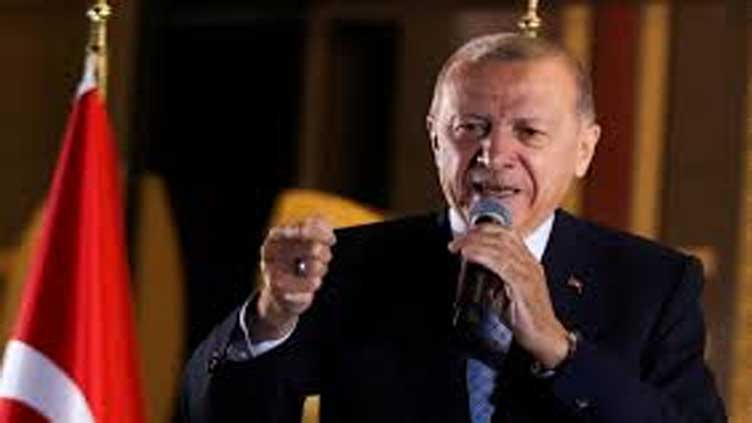Turkish, Armenian officials to hold normalisation talks after 2-year lull

World
Turkish, Armenian officials to hold normalisation talks after 2-year lull
ANKARA (Reuters) - Special representatives from Turkey and Armenia will hold a new round of talks aimed at normalising ties between the neighbours on Tuesday, a Turkish diplomatic source said on Monday, resuming efforts to end years of animosity after a two-year pause in negotiations.
Ankara had severed diplomatic and commercial relations with Armenia in 1993 in support of Azerbaijan during a war the two countries were fighting in the Nagorno-Karabakh region and has deepened its political and military ties with the ethnic Turkic Azeris in recent years.
Since the conflict ended, NATO member Turkey has also been working to revive its historically strained ties with Armenia, though it has said any normalisation with Yerevan depended on the progress in its peace talks with Azerbaijan.
Special representatives from Turkey and Armenia have so far held four rounds of talks and the Turkish source said a fifth round would be held along the Turkish-Armenian border on Tuesday.
"During the meeting, developments will be reviewed by the special representatives and certain confidence-building steps that may be implemented between the two countries will be discussed," the source said.
A spokesperson for the Armenian foreign ministry confirmed the meeting on the social media platform X.
The last official meeting between both countries' officials was held in July 2022, but the two representatives also met on the sidelines of a diplomacy forum in southern Turkey earlier this year.
Turkey and Armenia are at odds primarily over the 1.5 million people. Yerevan says were killed in 1915 by the Ottoman Empire, the predecessor to modern Turkey, Armenia says this constitutes genocide.
Turkey accepts that many Armenians living in the Ottoman Empire were killed in clashes with Ottoman forces during World War One, but contests the figures and denies systematic ethnic-driven killing had taken place.


